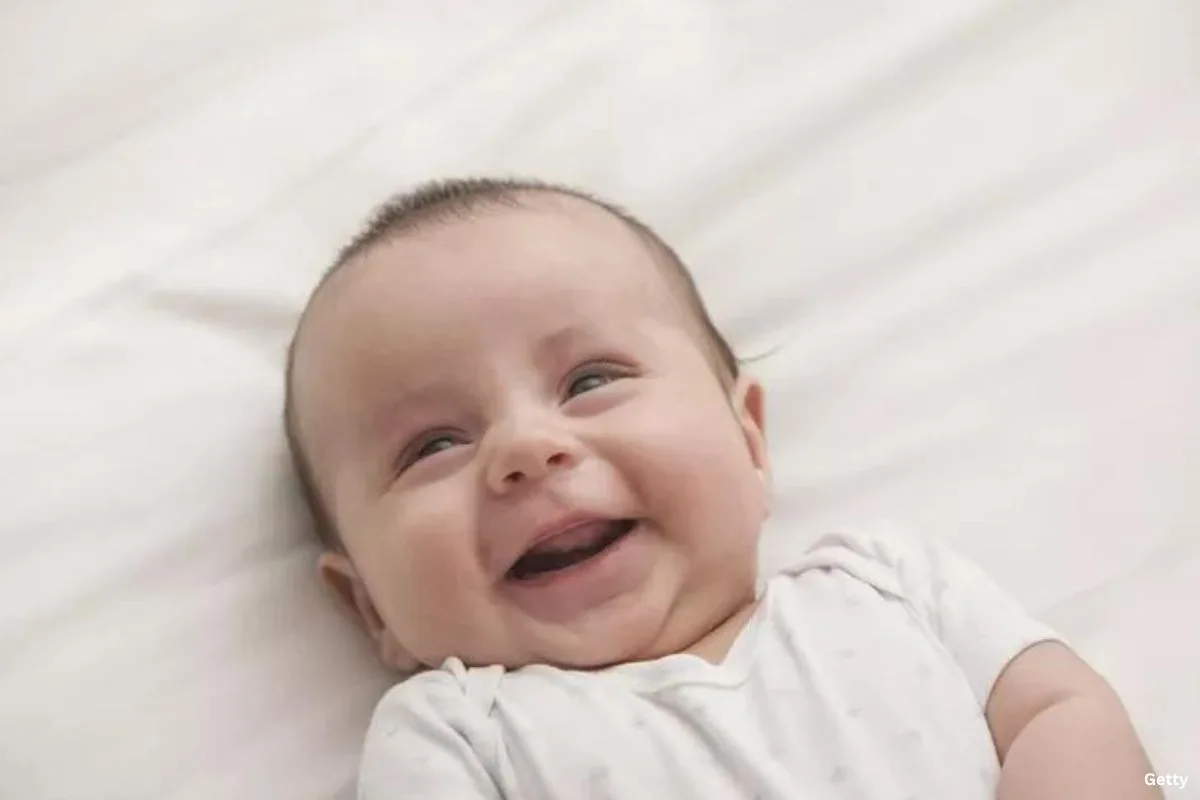In a bid to address the rising cost of living and combat the alarming demographic crisis, Greece has introduced a comprehensive package of measures aimed at supporting new parents. Minister of National Economy and Finance, Kostis Hatzidakis, and Minister of Social Cohesion and Family, Sofia Zacharaki, revealed the initiatives during a press conference on Monday.
The centerpiece of the announcement is the substantial increase in the birth allowance, soaring from 400 to 1,500 euros. This adjustment will be retroactive, applying not only to future births but also to those that occurred in 2023. The breakdown of the new allowance structure includes an increase from 2,000 to 2,400 euros for the first birth, 2,700 euros for the second (+700 euros), 3,000 euros for the third (+1,000 euros), and 3,500 euros for families with multiple children (+1,000 euros). The allowance is slated to be distributed in two equal installments starting in April.
Approximately 300,000 families are set to benefit from this measure over the next two years. Minister Hatzidakis emphasized the government’s ability to support such social measures, citing the positive trajectory of the economy. He outlined a total of seven new measures for new parents in 2024, encompassing a range of financial and social support.
The measures include a 1,000-euro increase in the tax-free threshold, extending the maternity allowance from 4 to 9 months, elevating the heating allowance from 3,000 to 5,000 euros per child, introducing a social allowance, reforming the public sector payroll, and capping profits on baby formula.
The Greek government hopes that these measures will help alleviate the financial burden on young families and, more critically, reverse the downward trend in the reproduction rate. Greece faces a significant demographic crisis, currently boasting the lowest population reproduction rate in Europe. The numbers are stark: in 2010, 114,766 births were recorded compared to 109,084 deaths, but by 2020, births plummeted to 84,717 while deaths surged to 131,084.
The reproduction rate now stands at a concerning 1.3 children per woman, well below the stability threshold of 2.1 children per woman. Prime Minister Kyriakos Mitsotakis has previously sounded the alarm, labeling the demographic collapse an “existential threat” to the nation’s future. Despite Greece’s economic progress, the population decline poses a formidable challenge, exacerbated by the economic strain on citizens due to surging prices of essential goods.











